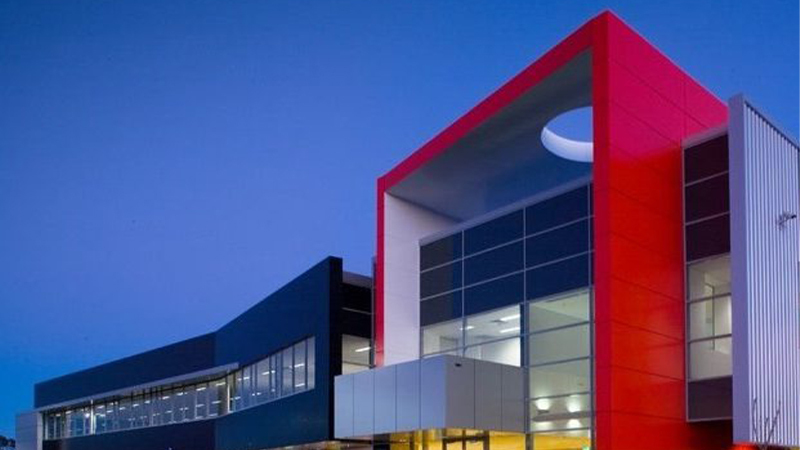Charter Hall Buy Sets the Tone in Industrial Market
Industrial transaction activity is on track to exceed last year’s volumes, with about $1.2 billion changing hands in the year to date and more than $1 billion set to land before the financial year is out.
Charter Hall’s acquisition of an asset in Sydney’s Erskine Park has set the tone of Covid-era pricing in the market, with the funds giant picking up the Winc distribution facility for about $115 million—a mid- to high-four per cent yield.
The industrial asset, which entered due diligence pre-Covid, provides a reference point for yields in the sector. The $250 million Sigma portfolio, $700 million Aldi portfolio and Kaufland portfolios all remain on the market.
CBRE industrial capital markets director Chris O’Brien points out the “big” difference between a deal committed pre-Covid and one launched post-Covid and is about to transact.
“That will be the best test case for us, transactions that have occurred in the last couple of months are not great indicators because they’re drawing on old debt, they’d already raised capital and they’ve already received approvals.
“But we’re very, very close to pre-Covid price, particularly with the transactions that are in due diligence at the moment.”
Related: Lower Valuations a Challenge for Developers: RBA

As commercial office markets contend with falling valuations, rapidly reducing tenant income and a surfeit of supply, the industrial market has so far held up—particularly in the prime end of the market.
Speaking at The Urban Developer’s industrial and logistics webinar on Thursday, CBRE’s Chris O’Brien, Colliers’ Alysia Reilly, Savill’s Bob Quirk and JLL’s Tony Iuliano were largely positive about the core industrial market.
“We’re expecting the year to be as strong as ever, in particular for the core product and defensive tenancies with long WALEs,” Iuliano said.
“If you look at investment values that takes you to about $2.4 billion, and last year’s volume numbers were $4.1 billion [so] mid-point 2020 we’re well on track to exceed last year’s volumes.”
The panel voiced some concern about the secondary end of the market, particularly post-September as the stimulus falls away and affects discretionary spending.
“I think you’ll find a bit of heartburn hitting the system,” JLL industrial head of capital markets Tony Iuliano said.
“But that’s likely non-core, non-defensive-type tenancies so that’s where the challenge will come.”
Colliers’ Reilly, who is managing the second stage of the campaign for the Kaufland portfolio, said that the spread between primary and secondary yields has started to widen.
“It’s [similar] to the market pre-GFC in that the spread between prime and secondary yields start to close, particularly in Sydney, off the back of the weight of capital looking to get placed into the sector.
“The spread is starting to widen again because the risk appetite has lessened [post-Covid], the focus really is on core and defensive tenancies, they’re the main focus for investors.”














